Halal Blockchain Solutions
Are you seeking purpose-driven Halal blockchain solutions? Look no further! We are your trusted partners in crafting blockchain innovations that adhere to Islamic principles, shaping a digital landscape that resonates with your values. Let's embark on a faithful frontier!
 100% Halal Blockchain Solutions
100% Halal Blockchain Solutions
 User-Friendly Development
User-Friendly Development
 Highly Transparent Service
Highly Transparent Service
 Exceptional Domain Experience
Exceptional Domain Experience




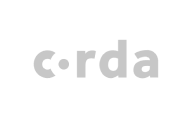
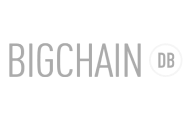


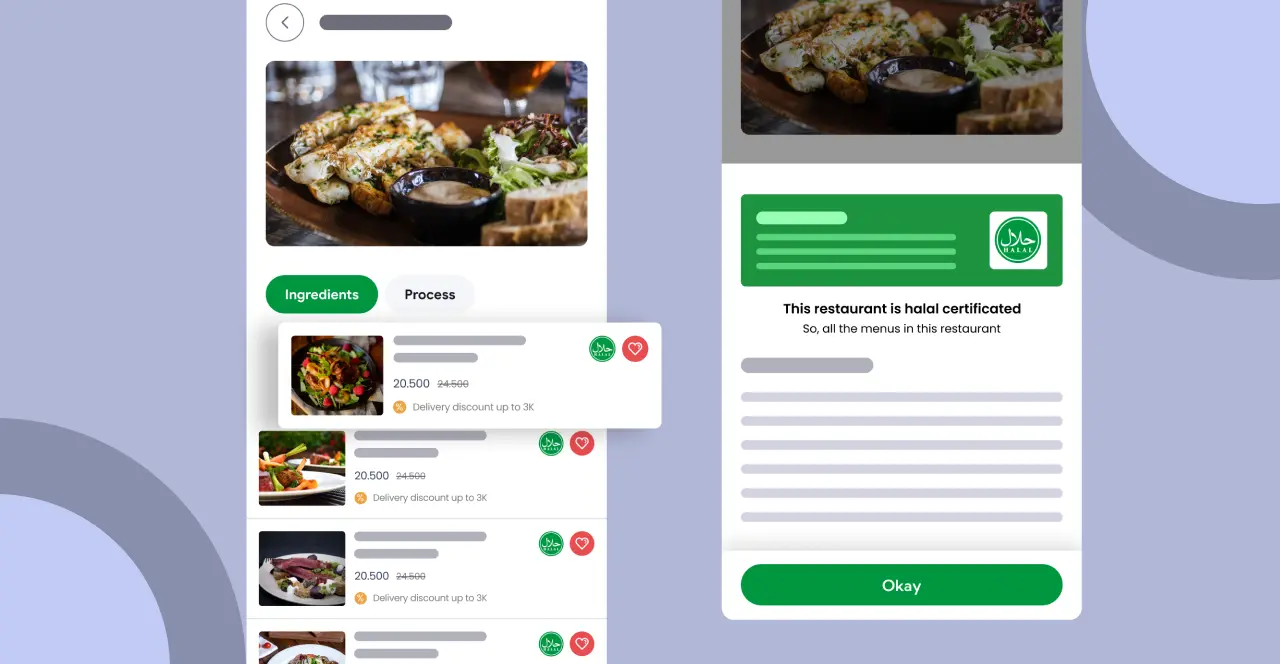
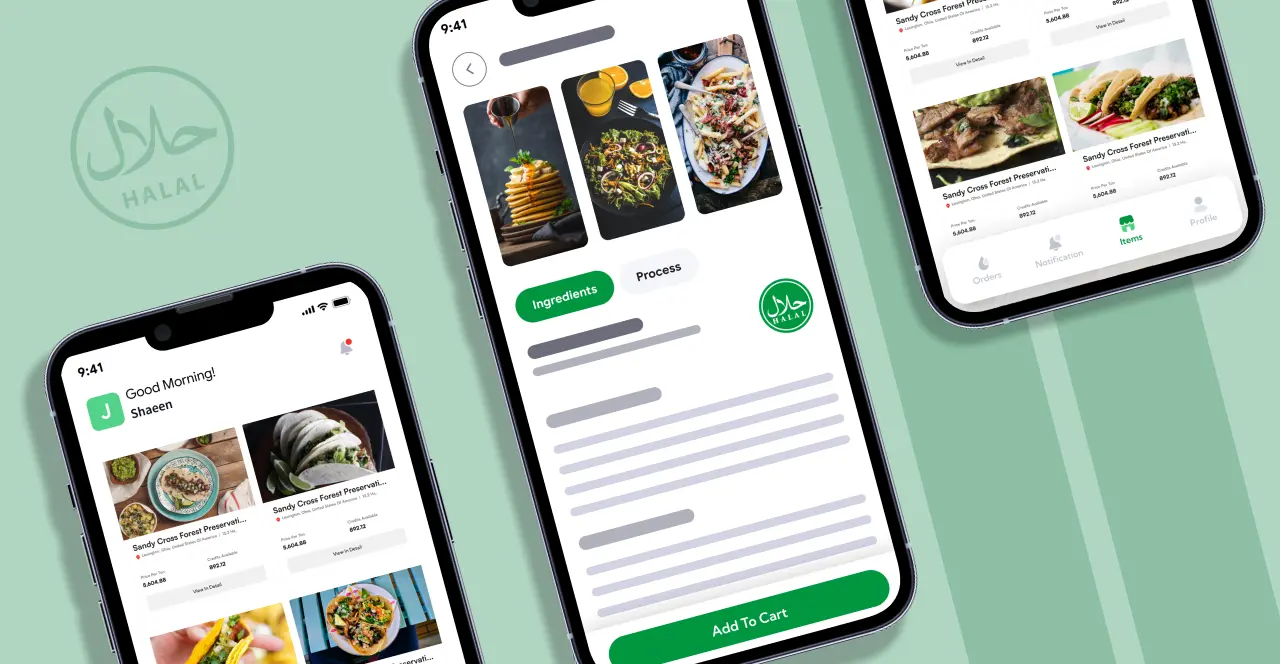
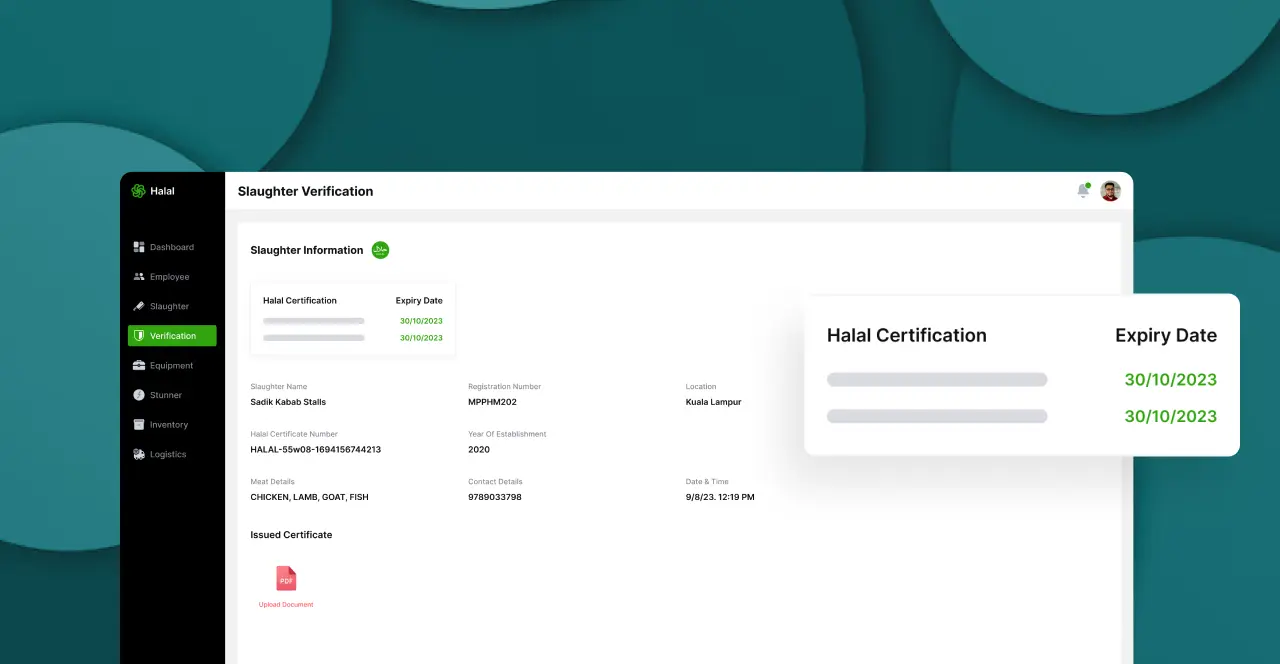
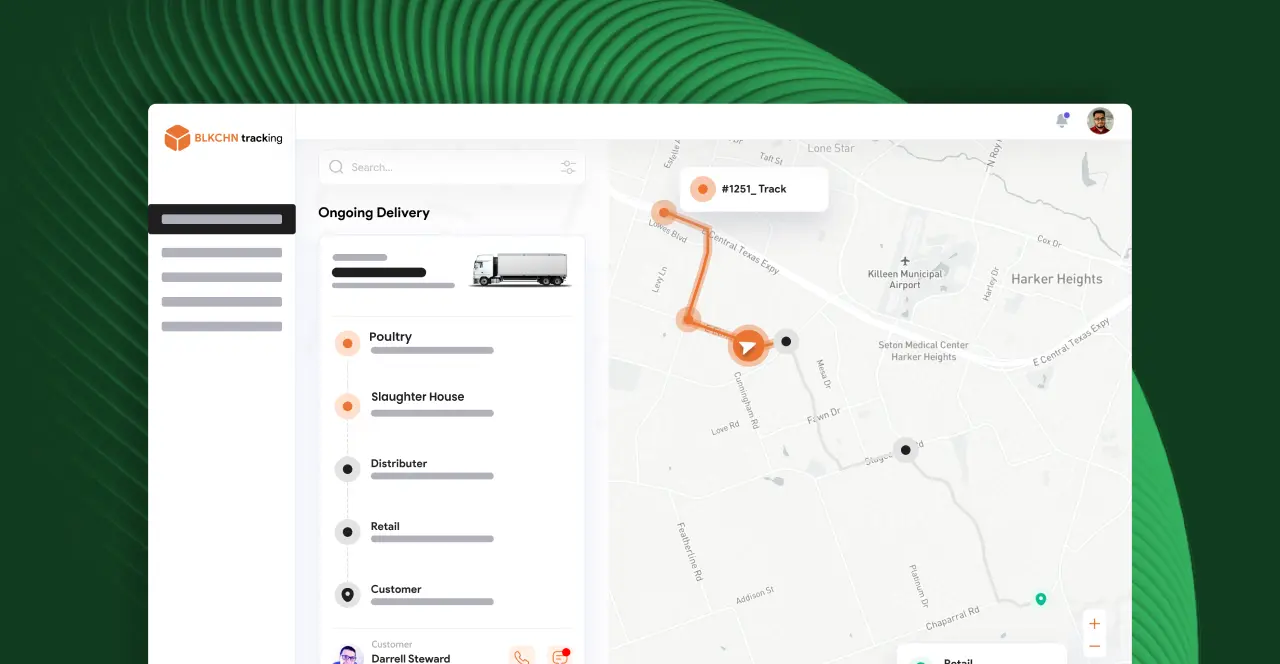

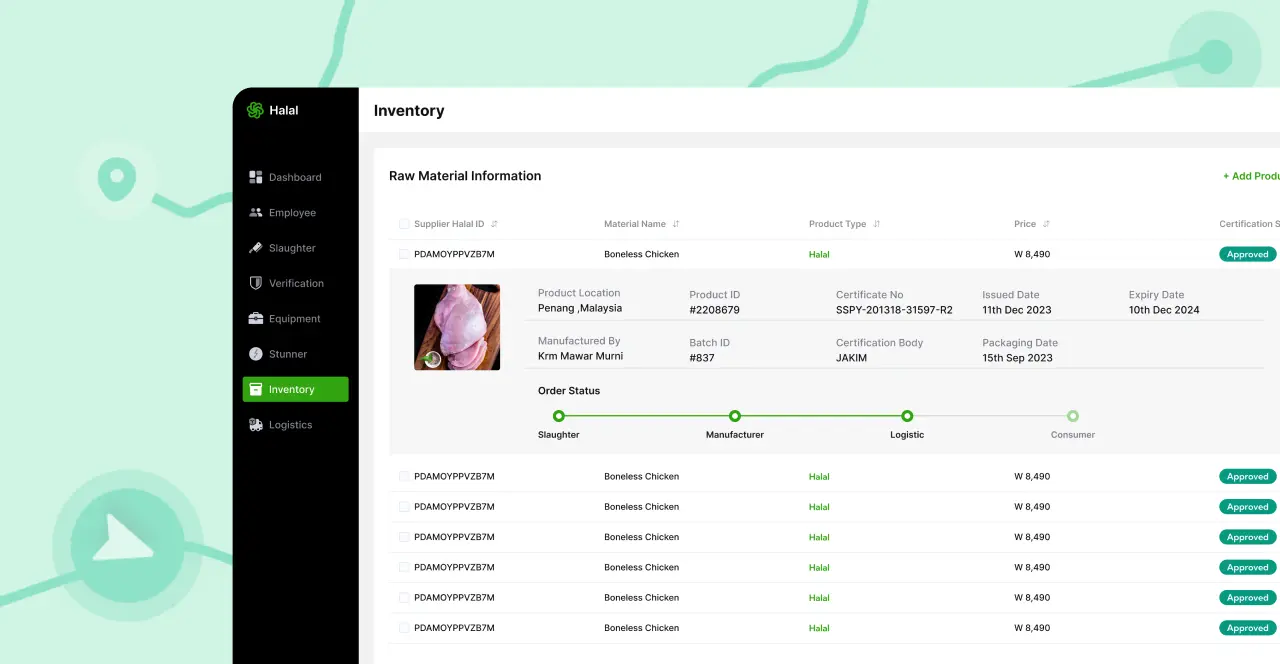
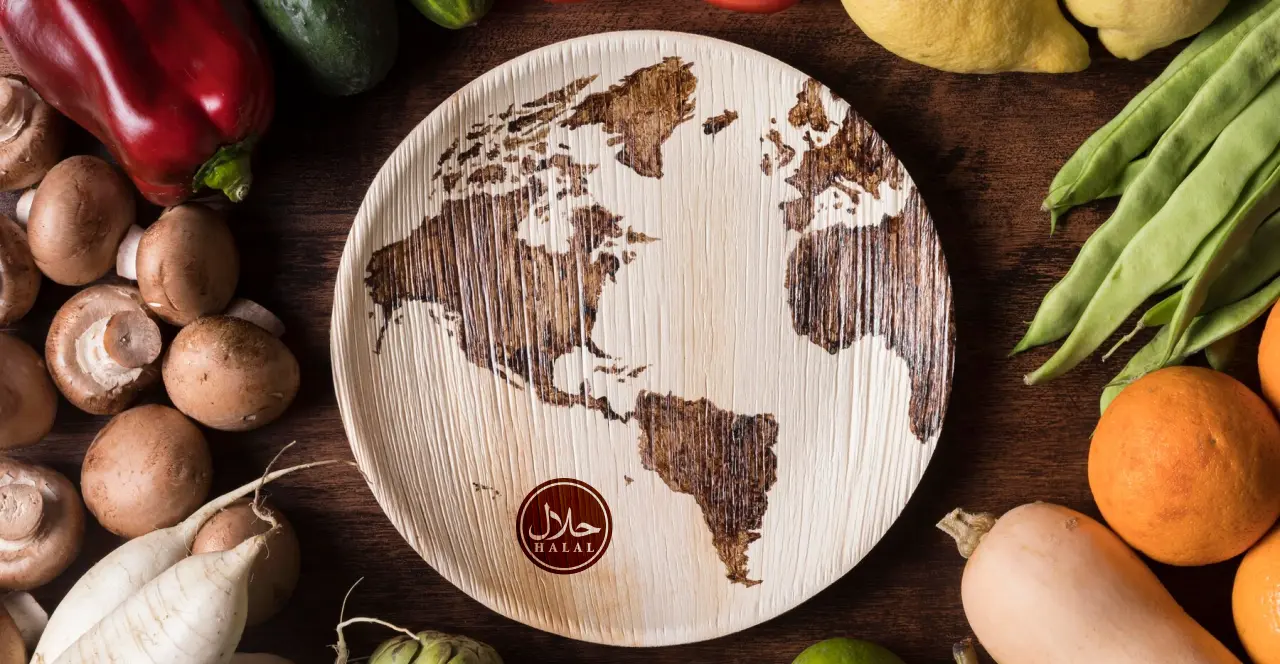


 Contact Us
Contact Us